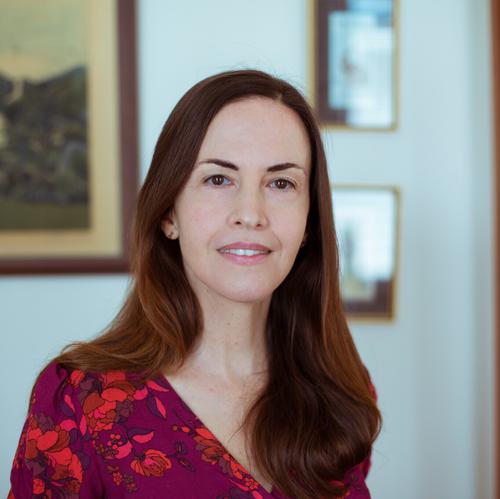
Helena de Bres
Professor of Philosophy
Works on philosophy of literature and moral philosophy, with a focus on personal narration, memoir and meaning in life.
I write about meaning in life, human relationships, and what memoir and philosophy are and why they matter. I'm interested in the intersection between philosophy and creative writing: most of my recent work combines philosophical reflection and personal narrative, with a general audience in mind. You can read about my books and other writing here.
I teach courses in ethics, political philosophy and philosophy of literature. Every second year I teach a Calderwood Seminar, Philosophy in the First Person, which helps students write philosophy in a way that's personal and engaging for non-academics. You can find my Pink Guide to Taking Philosophy Classes, for students new to the subject, here.
In my spare time, I like to read, swim, wander outside, tend to my feisty cat Juno, and travel out west or home to New Zealand.
Education
- B.A., University of Victoria
- M.A., Massachusetts Institute of Technology
- Ph.D., Massachusetts Institute of Technology